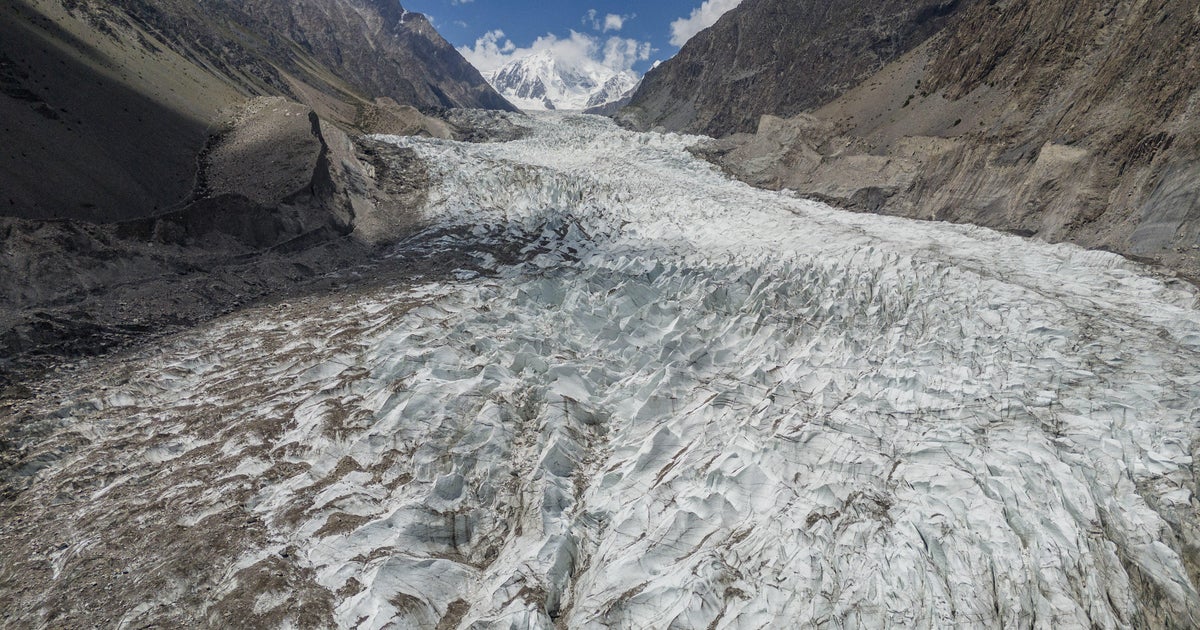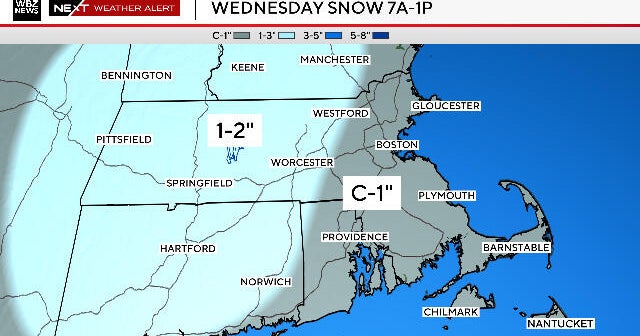France's Largest Wildfire Linked to Climate Change

Introduction
The Washington Post recently reported on France's largest wildfire in decades, which has caused destruction near Toulouse. The prime minister has called the natural disaster "unprecedented" and has linked it to global warming. Sadly, one person has lost their life and 13 others have been injured. The situation is dire and has caught the attention of people around the world.
Key Details
The wildfire, which began on July 26, is estimated to have burned over 8,000 hectares of land. It is believed to have been started by a combination of extremely dry weather and strong winds. The fire has spread quickly and has destroyed multiple homes and businesses. Firefighters have been working tirelessly to contain the blaze, but their efforts have been hindered by the challenging terrain and gusty winds.
Impact
The impact of this wildfire is devastating for those affected. People have been forced to evacuate their homes and leave their possessions behind. The loss of life and injuries are also deeply saddening. The environment has also suffered greatly, with a significant amount of vegetation and wildlife destroyed. This event serves as a reminder of the dangers of climate change and the importance of taking action to prevent such disasters in the future.
About the People Mentioned
Prime Minister
A **prime minister** is the head of government in a parliamentary or semi-presidential system, leading the executive branch and directing government policy and administration. Unlike a head of state, who may be a monarch or president with largely ceremonial duties, the prime minister is the chief political leader responsible for running the country and commanding the confidence of the legislature. This role includes selecting cabinet ministers, setting the legislative agenda, managing the civil service, and overseeing government operations[1][2][3][6][7]. In Westminster-style systems, such as the United Kingdom, Canada, Australia, and New Zealand, the prime minister holds significant constitutional powers, including influencing economic priorities and the structure of government ministries. They may dissolve the legislature and call elections, usually by convention. The prime minister’s authority is strongest immediately following an election and can wane if the government loses popularity[1]. In other parliamentary systems, the prime minister also plays a key role in coordinating government work, chairing ministerial committees, and ensuring the implementation of government programs. For example, in Finland, the prime minister heads the Prime Minister’s Office, which manages government continuity, EU policy, and state ownership matters[8]. The current UK prime minister is Sir Keir Starmer, who took office on 5 July 2024. He has a background in law, having served as Director of Public Prosecutions and was knighted for services to criminal justice before entering politics as Labour Party leader in 2020[4]. In summary, the prime minister is the central figure in government leadership in parliamentary systems worldwide, responsible for policy direction, government administration, and maintaining parliamentary support, with specific powers and functions varying by country.
About the Organizations Mentioned
Washington Post
The Washington Post is a leading American daily newspaper headquartered in Washington, D.C., known for its influential political reporting and broad national audience. Founded in 1877 by Stilson Hutchins, it initially struggled financially and editorially until 1933, when financier Eugene Meyer purchased it out of bankruptcy and revitalized its reputation. The paper’s guiding principle, established by Meyer, was to "tell ALL the truth so far as it can learn it," setting a standard for rigorous journalism[1][2][4]. Under the leadership of the Meyer-Graham family—particularly Philip Graham, Katharine Graham, and later Donald Graham—the Post became a dominant force in American journalism. It expanded by acquiring rival publications and became Washington's principal morning newspaper, eventually holding a near-monopoly status in the region[1][4]. The paper gained international prominence for its pivotal role in publishing the Pentagon Papers in 1971, which exposed government deception regarding the Vietnam War, and for investigative reporting by Bob Woodward and Carl Bernstein during the Watergate scandal, which led to President Richard Nixon’s resignation in 1974[2][5]. The Post has earned 76 Pulitzer Prizes, ranking second only to The New York Times, and is regarded as a newspaper of record in the United States. Its journalists have received numerous prestigious awards, including Nieman Fellowships and White House News Photographers Association honors, reflecting its commitment to excellence in political and investigative journalism[2][5]. In 2013, the Graham family sold The Washington Post to Jeff Bezos, founder of Amazon, for $250 million, ushering in a new era focused on digital innovation and expanding its digital subscriber base, which reached 2.5 million by 2023. Despite a decline in print subscribers to below 100,000 by 2025, the Post remains a key player in business and technology news, maintaining foreign bureaus in London and Seoul to provide comprehensive global coverage[2]. Notable for its histori













